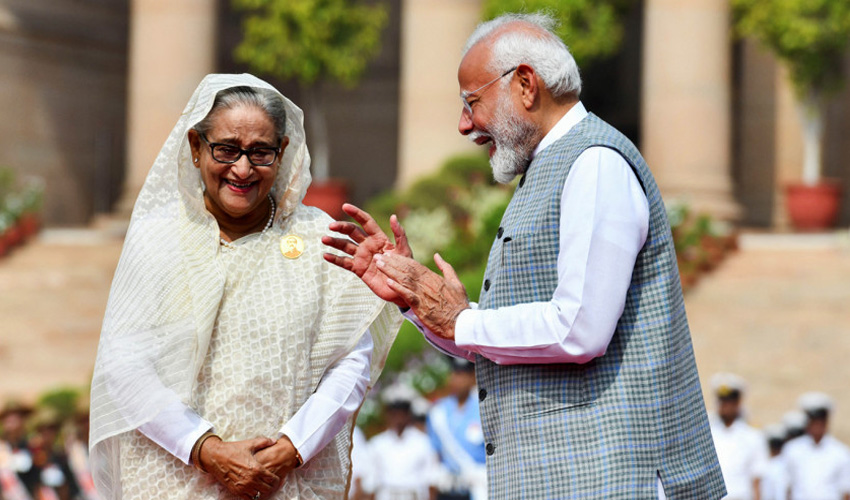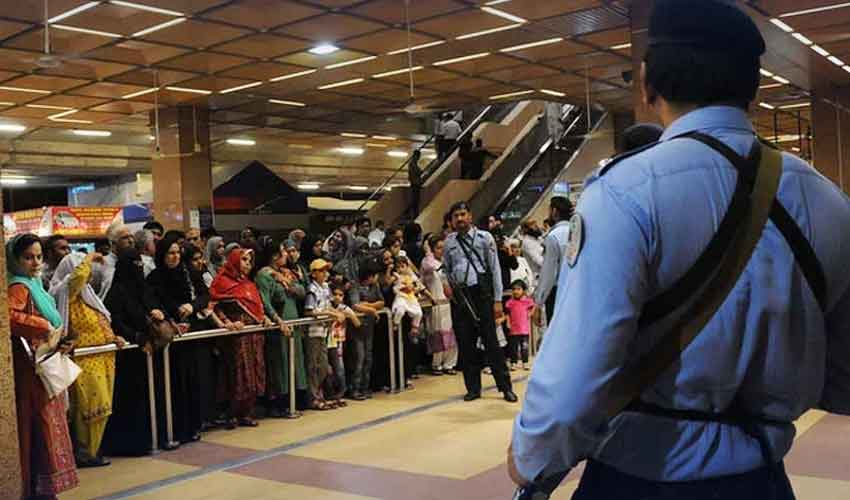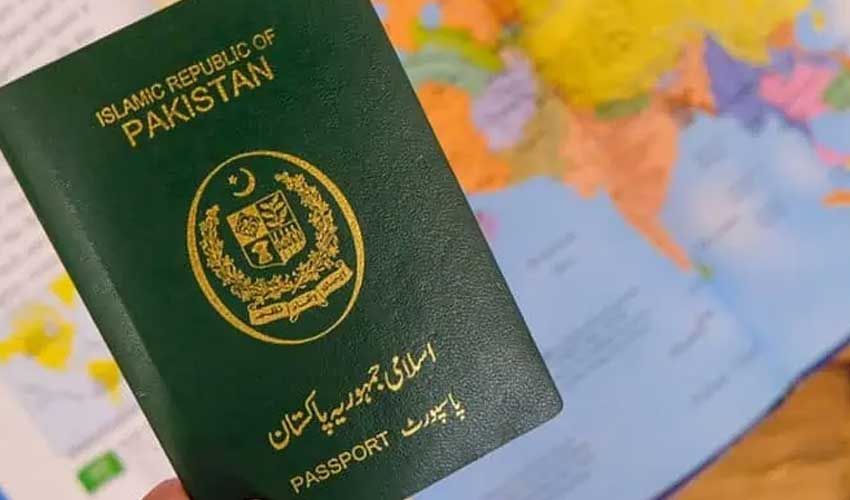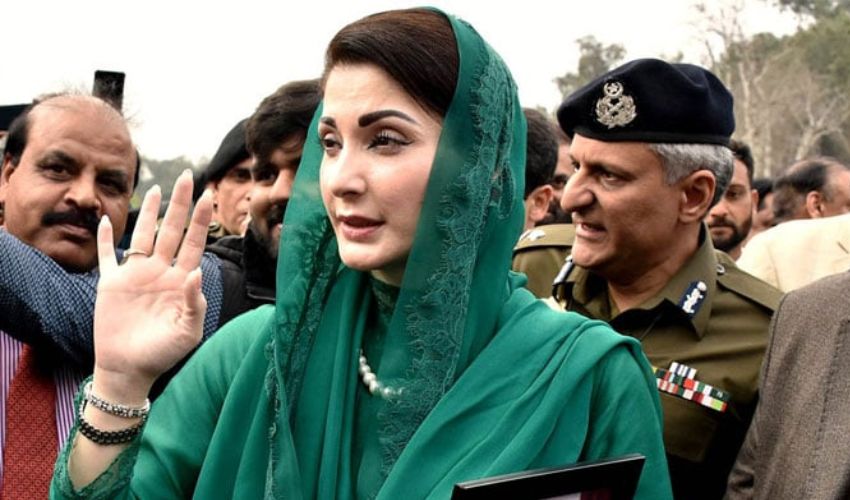Qataris went to the polls on Tuesday in a landmark referendum on constitutional amendments that would end the Gulf state's brief experiment with legislative elections.
The vote, which marked Qatar's first referendum in more than 20 years, coincided with the US presidential elections and is expected to solidify the Emir's control over the country's Shura Council.
In 2021, Qatar held its first-ever elections for 30 out of the 45 seats in the Shura Council, an advisory body with limited powers. However, the elections sparked division as only certain Qatari citizens were eligible to vote, particularly those whose ancestors were citizens in 1930. This restriction excluded several tribes, including the influential Al-Murrah tribe, leading to protests and public dissatisfaction.
In response, Qatar's Emir Sheikh Tamim bin Hamad Al-Thani proposed constitutional amendments to abolish the elections and restore the Shura Council as a fully appointed body, under the direct control of the Emir. The amendments would also allow naturalized citizens to hold ministerial positions, a right previously reserved for those born in Qatar.
Before the referendum, prominent members of Qatar's ruling family expressed confidence in the outcome. Saud bin Khalid Al-Thani, a key figure in the monarchy, suggested the changes could even receive unanimous approval, emphasizing Qatar's tradition of unity under the Emir's leadership.
"The country is united with its leadership and government," he said, reflecting the sentiment of many in the ruling establishment.
Political analysts note that the constitutional changes represent a shift away from the democratic reforms introduced in 2005, when Qatar's first constitution came into effect. While Qatar had previously made strides toward more representation, the referendum signals a return to the status quo of concentrated power in the hands of the Emir, who also holds veto power over legislative proposals.
Experts suggest that the decision to end the legislative elections is part of a broader regional trend of prioritizing stability over democracy, particularly after the turbulence of the 2011 Arab Spring uprisings. According to Baraa Shiban, an analyst at the Royal United Services Institute, Qatar's move may reflect a broader trend in the Gulf where the need for political stability is increasingly seen as outweighing demands for political representation.
"The debate between stability and democracy has been ongoing for over a decade," Shiban explained. "Right now, stability is winning, but this discussion will continue."
The referendum also seeks to address past grievances related to citizenship rights, as it includes provisions that would allow naturalized Qataris to serve in high government positions, a significant shift in the country's political landscape.
Polling stations were open across the country, with male voters arriving early, many in traditional white thobes. Women voters, who have the same voting rights as men, were seen at separate polling stations, though in smaller numbers.
As the results of the referendum are expected in the coming days, many will be watching to see if this marks the end of Qatar's brief experiment with limited elections or if it will set the stage for further reforms in the future.



























